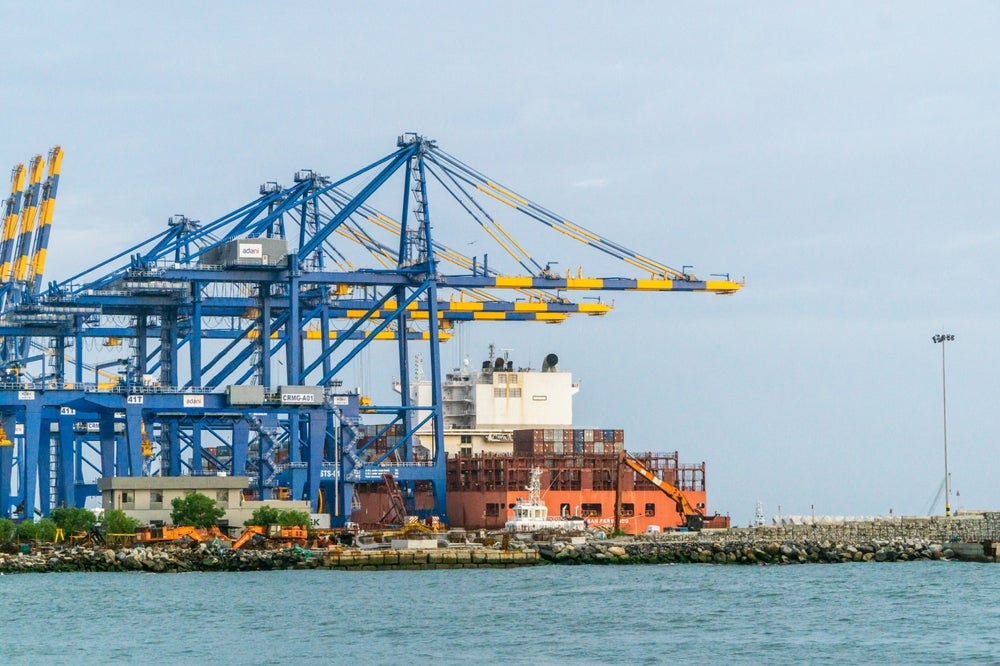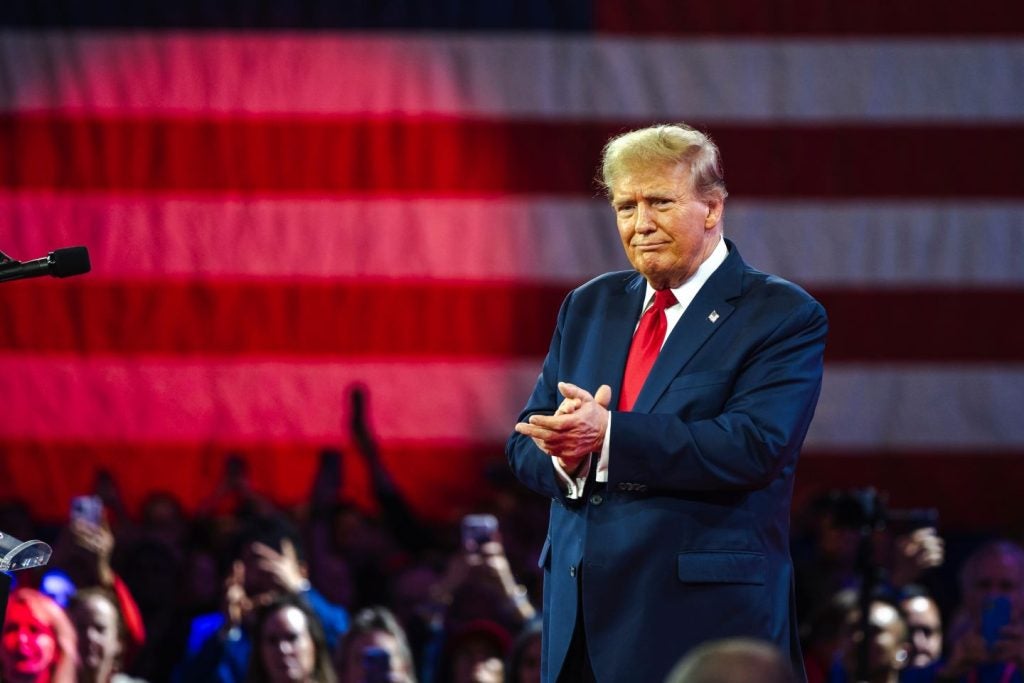The six workers unions at state-owned major ports in India have threatened to go on an indefinite strike from 17 December, according to local news reports.
Local news publication Infra from The Economic Times claimed the strike will occur if India's government does not revise the current wage structure and implement a productivity-linked reward programme before 15 December.
The Hindu Business Line reported that the National Coordination Committee of the Major Port Workers Federation criticised the lukewarm attitude of the Indian Port Association (IPA) in implementing a wage settlement that was signed between major port authorities and recognised federations of port and dock workers.
The strike action was decided at the National Coordination Committee of the Port and Dock Workers meeting in Goa on 23 November. During the meeting the committee was said to have expressed "serious concern and protest against the anti-labour and unfair attitude of the authorities in delaying the implementation of the statutory settlements which is obligatory on them under the law of the land".
Port workers are expected to hold protests at major ports on 5 December as well as a mass demonstration before the administrative buildings of respective major ports demanding the implementation of settlements. The port pensioners who would also benefit from the wage settlement are expected to protest before all major port offices on 10 December.
The US's International Trade Administration's Office of Textiles and Apparel (OTEXA) data revealed US-bound apparel shipments spiked in August and it was regarded as a safe alternative for sourcing during the recent political challenges facing its neighbour Bangladesh
A study by the US International Trade Commission (USITC) suggests India has the advantage of being able to supply nearly 90% of textile raw materials needed for its apparel production locally. This could significantly reduce the supply chain risks facing many other apparel-supplying countries and overall production costs.
Global non-profit, Canopy adds that there is a huge opportunity for India to lead the global alternative fibre industry.















